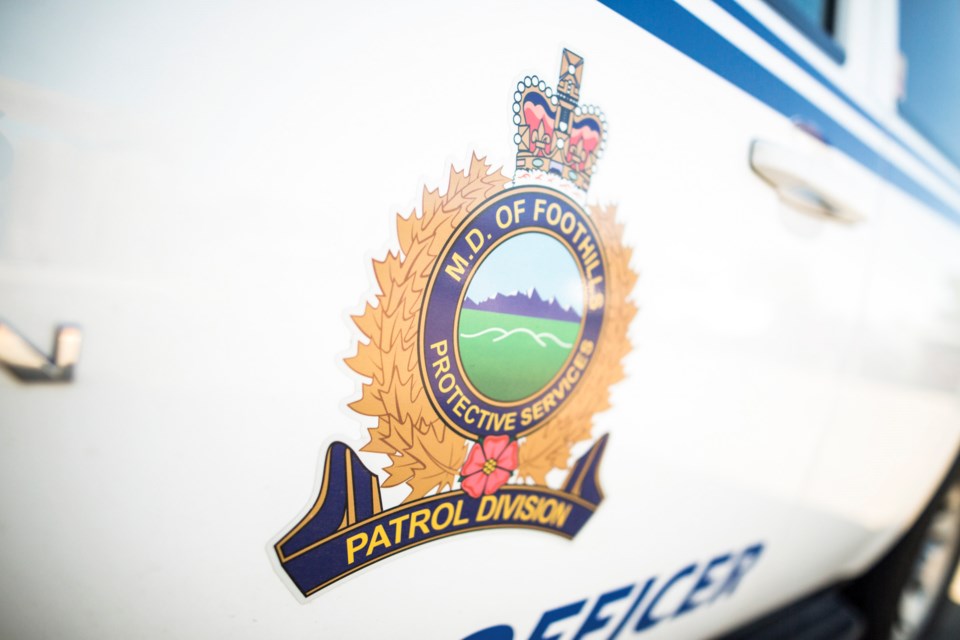Foothills County aims for clarification regarding the authority of its peace officers in instances of cannabis infractions.
Foothills County council chose to request authority for provincial statute enforcement under the Gaming, Liquor and Cannabis Act (GLCA) for peace officers at its May 22 meeting. While authorizations and appointments were amended in June 2018 to reflect the legalization of cannabis, they did not include authority for the cannabis portions of the legislation.
“Everything really is in place for us to enforce cannabis, other than the formality of having these specific sections added to our (peace) officer appointments in order to allow them to do that work,” said Ryan Payne, director of community services for the county.
Cannabis enforcement by community peace officers will be similar to current practises for tobacco and liquor. The county will be applying sections of the GLCA relating to cannabis use such as: use in vehicles, transportation, use by minors, prohibition for growing cannabis, and smoking and vaping.
“These sections are new additions to the (GLCA),” said Sgt. Darlene Roblin, protective services co-ordinator for the Foothills Patrol. “They’re treating the possession and transport of cannabis in a very similar fashion to alcohol, so what we’re looking at is if we run into open alcohol or alcohol being consumed in vehicles on a regular basis, we can deal with that.
“Until we can get these additional sections added to our appointments, if we run into the same issue with cannabis we don’t have the authority to deal with it. It’s simply adding the ability for the officers whether they come across alcohol in a motor vehicle or in public (or cannabis) to deal with it under the provincial legislation the same as we do alcohol.”
While the authorized cannabis enforcement for peace officers covers the gap left by the GLCA, incidences of impaired driving, as well as relevant authorities and processes, remain unchanged under the Traffic Safety Act, and are categorized separately as such.
Granting authority for provincial statute enforcement for cannabis is an economic decision as well as a simplification, as it spares the municipality from the expense of prosecuting offenders.
“It’s nice to deal with the provincial legislation whenever possible rather than a bylaw, because if we lay a charge for somebody smoking or vaping where prohibited, the prosecution is done by the provincial crown prosecutor and we don’t have to pay for that service,” said Roblin. “Whereas if we lay that same charge under our municipal bylaw, we have to hire our own municipal lawyer to prosecute the charge, and we’re looking at $700 to $800 per ticket per prosecution.
“So anytime we have the ability to do enforcement under a provincial statute, it’s preferable to the municipality to do it that way because of the cost.”




